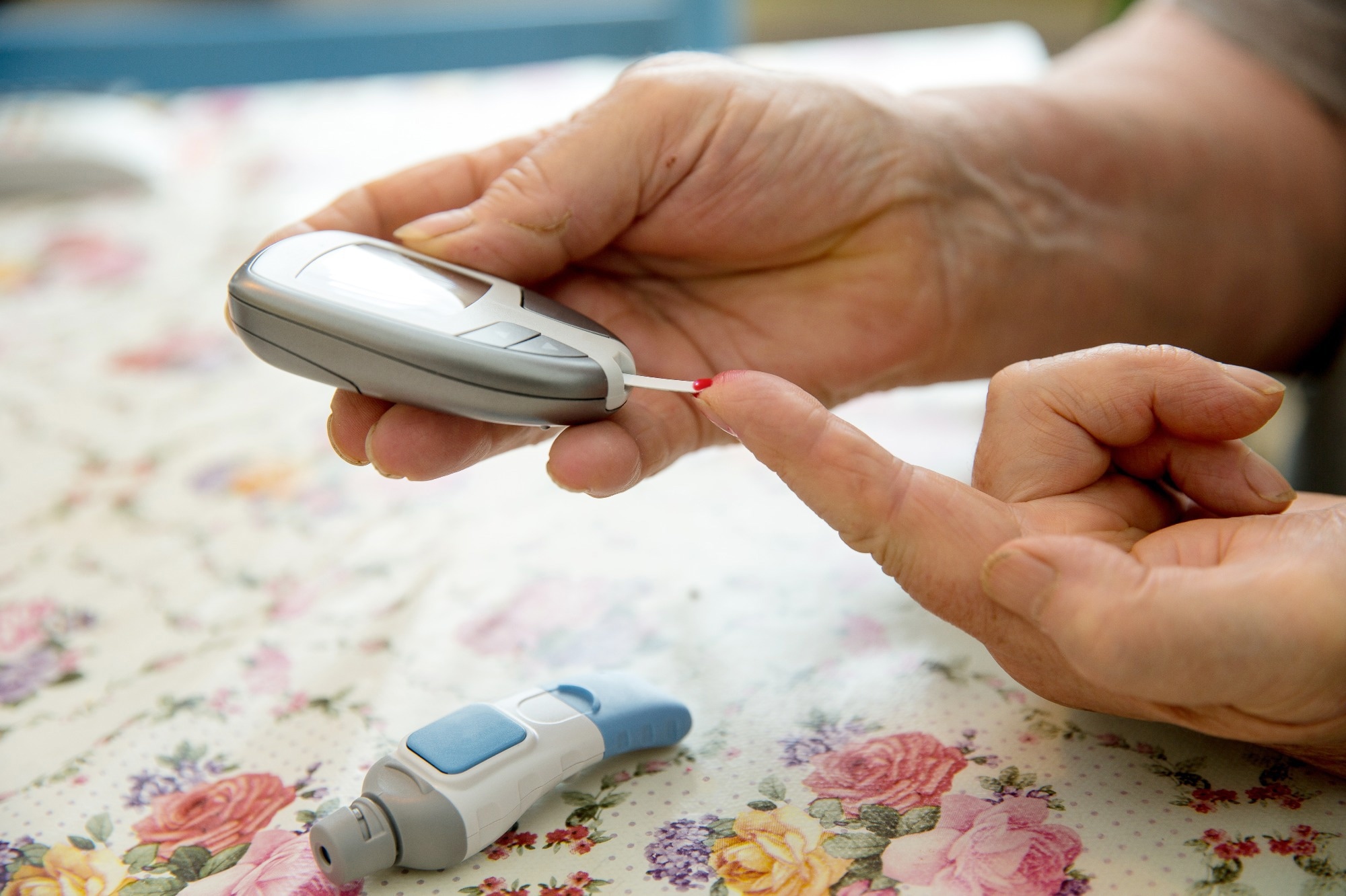Type 2 diabetes (T2D) may occur as a result of unhealthy lifestyle habits. People with T2D are often associated with diets with excessive sugar, high alcohol consumption, smoking, and have sedentary habits.
This has sparked much interest in determining the optimal lifestyle changes that could help normalize dysfunctional metabolic pathways in T2D patients.
A recent study in Primary Care Diabetes explores the willingness to engage in various management options for T2D among recently diagnosed patients.
 Study: Willingness of people with type 2 diabetes to engage in healthy eating, physical activity and medication taking. Image Credit: urbans/Shutterstock.com
Study: Willingness of people with type 2 diabetes to engage in healthy eating, physical activity and medication taking. Image Credit: urbans/Shutterstock.com
Healthy lifestyle in T2D
Obesity characterizes most T2D patients. As such, most of them show a reduction in their glycated haemoglobin A1c (HbA1c) 0.6–1.2% if they lose 5% or more of their body weight. If this fails to restore glucose levels to normal, medication is initiated, usually metformin, as the first step.
Lifestyle adjustments are key to managing T2D. However, not much is known about how possible it is to achieve these changes. Earlier research revealed that there are several types of barriers to adopting healthy lifestyle habits.
These include beliefs that lifestyle modification is not worthwhile or that medication works just as well or better while being easier to implement. Poverty, ignorance, and lack of adequate support also pose barriers.
The current study aimed to evaluate the level of willingness among recently diagnosed T2D patients towards three types of modifications comprising healthy diet, adequate physical exercise, and proper use of medications.
About the study
The researchers used an online survey to assess patient factors among recently diagnosed type 2 diabetes patients living in either the Netherlands or in the UK.
The mean age was 57 years, over half were on metformin as part of T2D treatment, and one in three lived in the UK.
What did the study show?
There were 67 patients included in the survey. About half of them reported their willingness to use any of the three management options, in contrast to 6% who rejected all three.
A healthy diet was an acceptable option for three out of four of the participants. The same proportion was willing to perform physical exercise and medication, respectively.
People who were more willing to exercise or take medications were more likely to have a higher combined score for all three areas: their capability, opportunity, and motivation to make lifestyle changes.
Factors like educational level, body mass index (BMI), smoking or drinking, eating habits, or exercise levels, were not found to be independently associated with willingness to change lifestyle patterns.
Diet
Patients in the Netherlands were significantly more favorable towards the adoption of a healthy diet. UK patients often thought poorly of the recommended diets.
A doctor’s recommendation was more often found to underpin those patients who showed greater willingness to eat healthy compared with the other group.
Interestingly, both willing and unwilling groups believed in the effectiveness of a healthy diet in managing weight and blood glucose levels, as well as similar hindrances vs. facilitating factors.
Healthy eating was often opposed by beliefs that the recommended diet was not suitable for the patient, usually because they had other illnesses as well.
Thus, individual beliefs about what comprises a healthy diet must be specifically asked for and addressed when prescribing such an approach.
Exercise
Especially with respect to exercising, people who were ready to take it up believed it was a feasible option compared to those who were unwilling. The former also perceived more positive outcomes compared to the latter.
Barriers like poor motivation and the difficulty of exercising in hot surroundings and sticking to it when away from home were more likely to be unwilling to exercise.
Those who expressed willingness to exercise were more likely to have companions and to find it easier, as well as feeling better while exercising.
Both groups showed the same beliefs regarding the efficacy of exercise in managing T2D and in overall health and weight management.
Medication
People willing to take medication were more likely to believe that medication helps reduce blood glucose and to have acquaintances who were helped by medication.
Conversely, unwillingness was associated with beliefs that without a reminder, medication intake would be low or that there were significant side effects.
Conclusions
People who have recently been diagnosed with type 2 diabetes are often encouraged to change lifestyle habits, including their eating patterns and physical activity, and to begin medication.
The vast majority are willing to use any of these options to manage their condition. This may be in part because they have not had time to experience any negative outcomes of these management choices.
Only half of the patients were willing to use all three approaches to manage their diabetes.
“Most of the recently diagnosed patients not willing to manage T2D with medication were willing to engage in healthy eating or physical activity. Nonetheless, a substantial proportion was not willing to engage in both healthy eating and physical activity.”
Compliance with healthy eating or exercise patterns does not seem to be influenced by their beliefs about the available management options.
Country-wise variability was observed in the degree of willingness to follow dietary recommendations.
The presence of obstacles, irrespective of willingness to use one or more approaches indicates that “willingness to engage in something does not guarantee successful implementation and tailored support should be part of personalized diabetes care.”
This is shown to be essential for helping T2D patients achieve good diabetic control, beginning with the approach most agreeable to the patient.